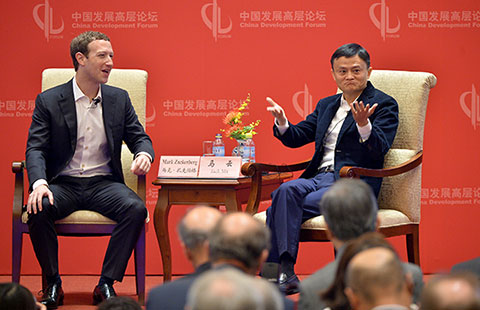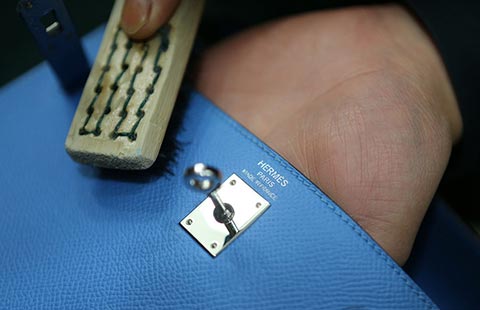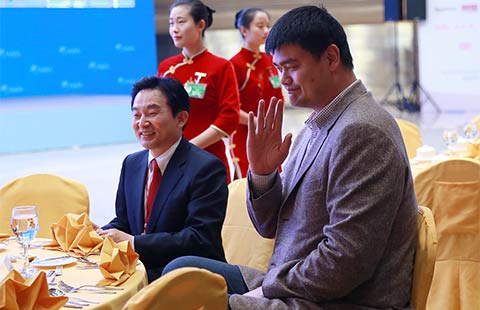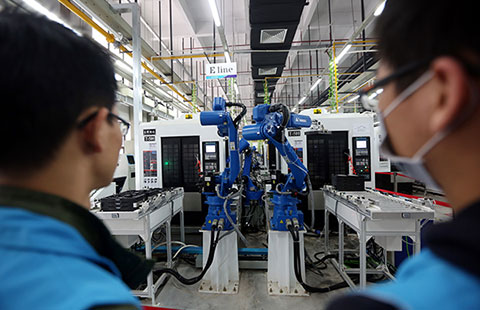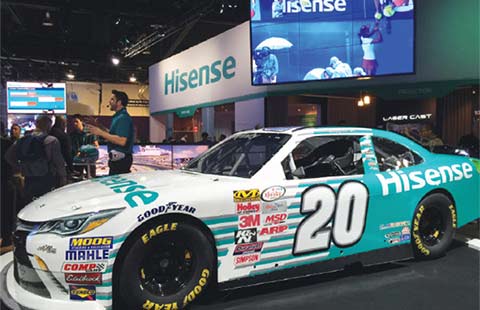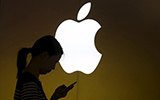Tech titans talk about machines, men and virtual reality
By Ma Si (China Daily) Updated: 2016-03-25 08:15
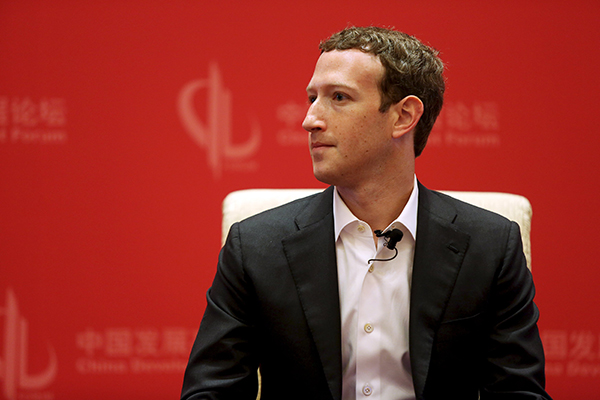 |
|
Mark Zuckerberg, Facebook founder and CEO. [Photo/Agencies] |
VR is really helpful for entertainment, education and helping people simulate different environments. The first application is going to be gaming.
I think 2016 will be a really good year for VR to start to ship. In the beginning, the market is small and there will be five to 10 years before it become a really big thing. But if you want to start with shipping something, and let a lot of people enjoy it, I think it is going to be 2016.
Ma: Frankly, I don't understand most of what Mark was saying. I believe a lot of people here don't understand it too. But I remember when I started my Internet business in 1994, I had no idea of what Internet was. What I was thinking was how this tech would help others do things easier. Similarly, when I think of VR, I ponder over how can the tech make it easier for women and girls to shop on our site and how can it help people better sell things online.
What is the most surprising innovation you've seen? What technology will change the world in future?
Zuckerberg: Google's AlphaGo is the most surprising innovation I have seen this year, because experts in the field have thought there would be a few more years before AI could defeat expert human Go players. So AI research is proceeding at a very good pace.
I got really excited about self-driving cars because they will save a lot of people's lives. There is no reason why a computer that doesn't sleep, that always pays attention, that has good memory can't drive the car better than people. It will be one of the most important advances in science over the past several decades. I also look forward to the application of AI in the science of health.
Ma: I think there will be a big breakthrough in life science in the next 20 to 30 years. People will live longer and healthier with the help of computing and data.
In the past 300 years, science was so fast and people made great progress in understanding the outside world, but we know so little about ourselves. Human beings can't decode the codes of ourselves.
I hope in 200 years there will be a law which says nobody should live more than 200 years! I have high expectation on life science.
Since both of you are bicultural, it'd be very interesting to know from both of you what're the differences between the two cultures in terms of making innovation?
Zuckerberg: One thing I'm optimistic about China is its emphasis on engineers. More of the jobs that we see everywhere around the world are increasingly technical. These are the highest-paid and most impactful jobs in a lot of places. In general, there is a huge constraint around the world on the number of good engineering students in universities. I think China gets it right by emphasizing this for a long time. When you look at the government here, lot of folks in governments are engineers. The mindset of problem solving comes from discipline.
- Tech titans talk about machines, men and virtual reality
- Rivers bring livelihood to workers in central China
- Anhui farmers eye premium opportunities from prime porkers
- Northeastern provinces set for tech boost
- Boao forum calls for more support in infrastructure
- Chongqing, Zhoushan favorites as new free trade zones
- Import surge will boost service trade with developed countries
- Manufacturers in China urged to think smarter
